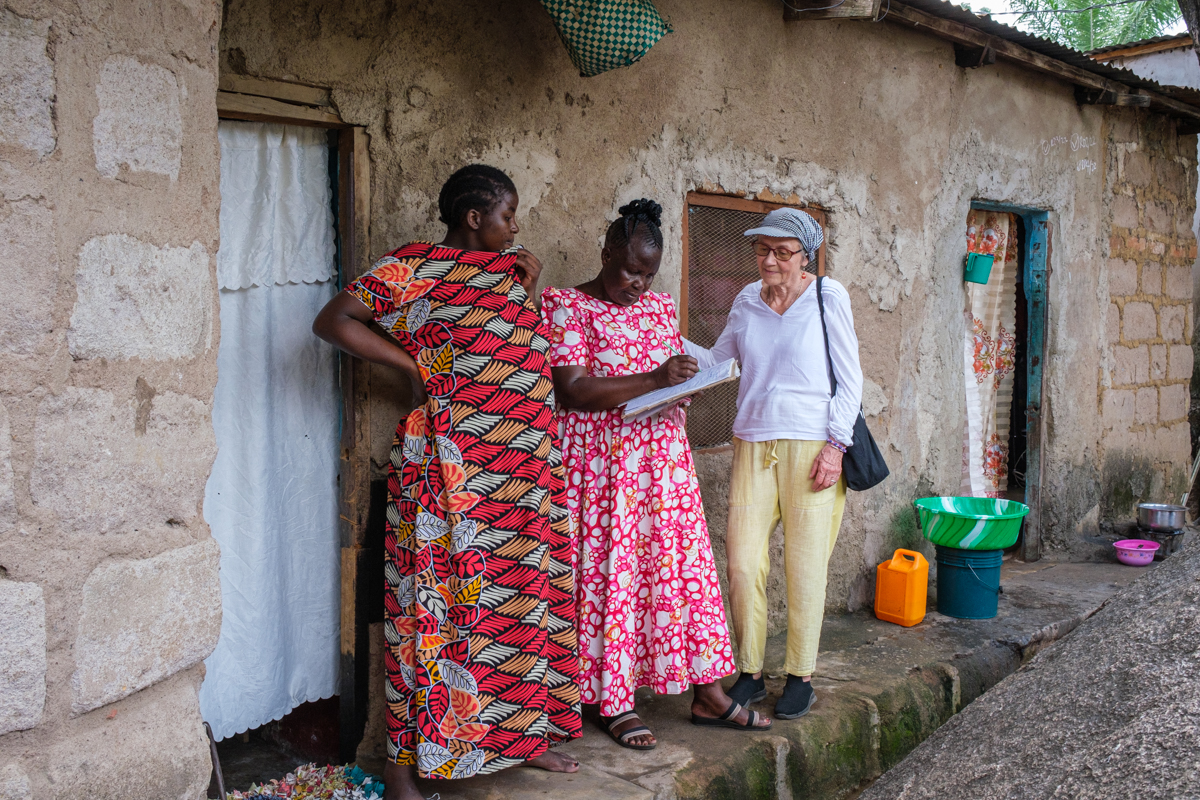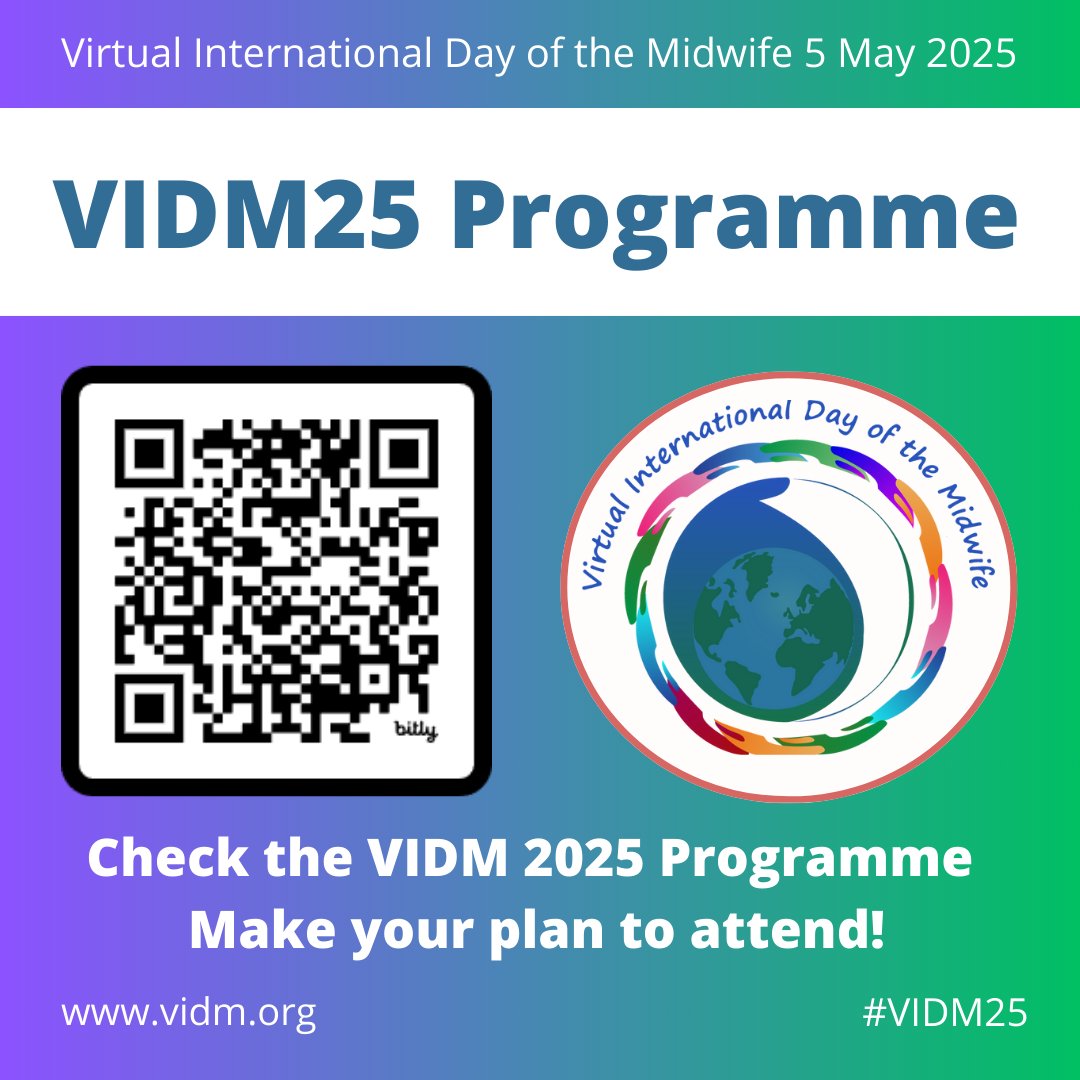Important feedback our team had received in Tanzania was that the community health workers felt left out as they did not have their own entry to help them structure their work as the health professionals have. In response to that demand, our programmer has created a special entry for community health workers who can enter the names of their pregnant clients and see how far their pregnancy has progressed. This helps them plan their home visits, e.g. regroup their clients according to stage of pregnancy for group advice were useful.
The community health workers also have all the modules the mothers have on their app so they can show and teach them to the women individually or in small groups. They also have a shortcut in their version so that they can help women open an account on their (health workers’) smartphone, since very few women in the remote villages have one. We found that more and more young women have smartphones though.
The community health workers are nowadays fully part of the maternal care providing system and more and more tasks will be entrusted to them to lighten the burden of fully trained medical professionals. This was unthinkable seven years ago, but without their active participation, the system can’t handle demand. We observe this trend in DR Congo too, so this special entry for community health workers is greatly appreciated also in Congo.
Taking blood pressure, height and weight can be done by some of them, and the number of tasks they can carry out will increase as simple and reliable gadgets become available such as blood pressure apps, electronic weight measuring and BMI calculation (our app does that), but also simple urine tests if they only require the reading of the colour on a test strip and have proven their accuracy.


No responses yet